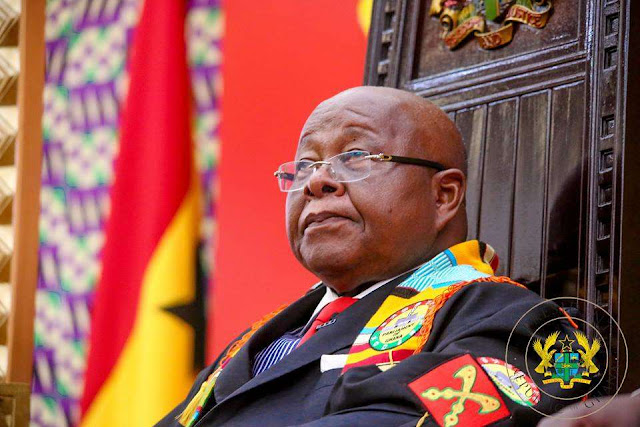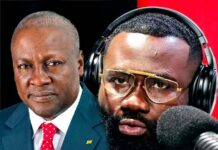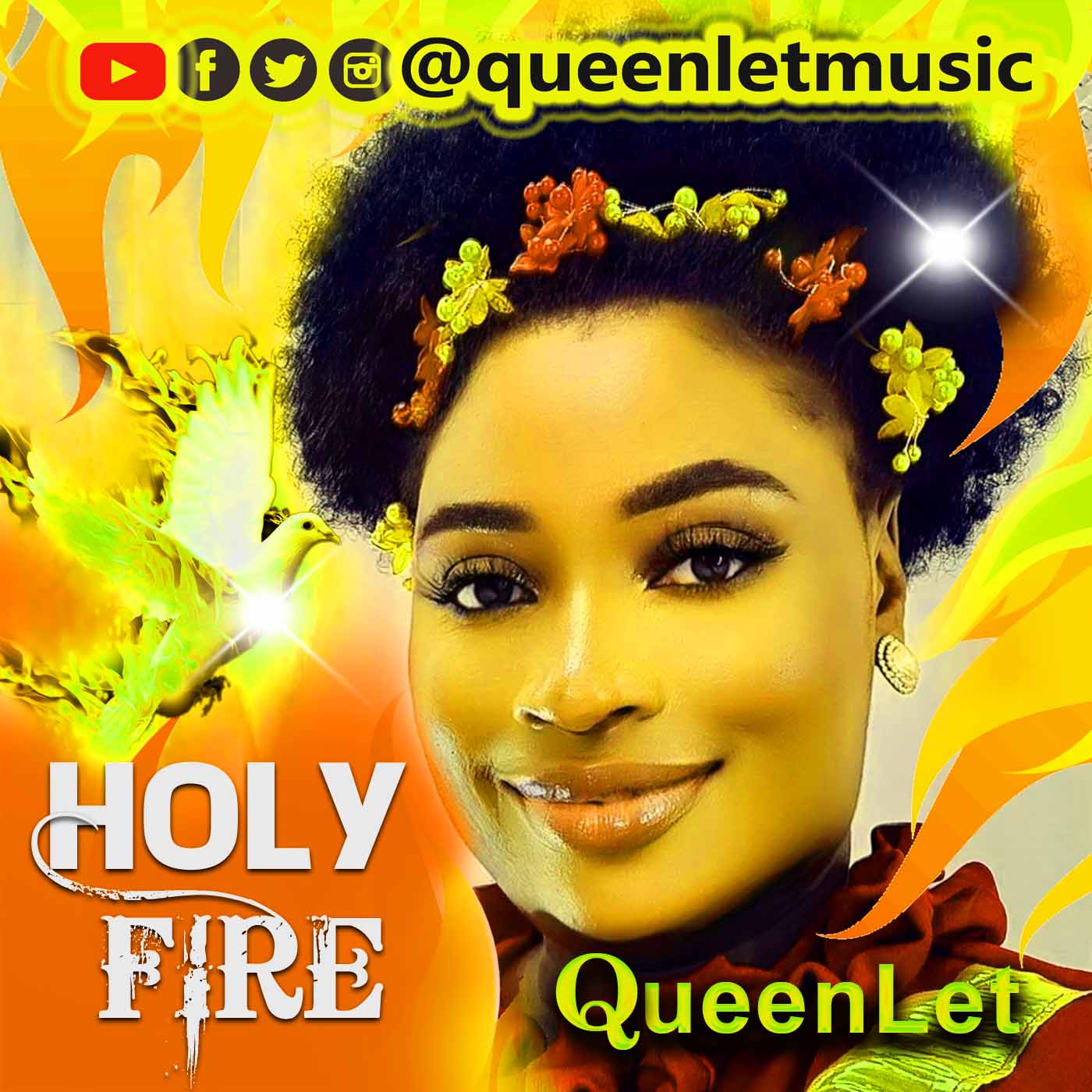The Speaker of Parliament, Prof. Mike Aaron Oquaye, has said that he would rather resign than preside over any debate on the floor of Parliament in relation to same-sex relationships.
The Speaker added that he will walk out of the House if there is any attempt to start a discussion on the issue in Parliament.
Prof. Oquaye, who has been a staunch critic of same-sex relationships, said presiding over a debate in Parliament on the topic was contrary to his personal principles and Christian values.
“If [a discussion] should happen, just by way of conjecturing, I would leave. I would not preside over that. No; I would not preside over that and I would not be part of that. It would be a matter of serious principle, including my Christian ideals.”
“You know, I’ve told you; homosexuals, Ghanaians recognize them as also having rights like thieves. If anybody should bring such a thing in Parliament and I have to preside over that. I would rather resign that subscribe to these delusions.”
Likening Ghanaians’ perceptions of homosexuals to what they thought of thieves, Prof. Oquaye said same-sex relationships were created by Satan “to destroy God’s best formation that is the human being.”
“Very very evil. Dangerous. The church cannot allow it. God loves the sinner but he hates sin. We love them, but we will treat them and get them out of that miserable situation,” he added.
Earlier in the year, Prof. Mike Oquaye said the House will not be coerced to pass any legislation that endorses gay rights.
Addressing a group of religious leaders who paid a courtesy call on him, Prof Oquaye insisted that the current crop of parliamentary leadership would not endorse an act that majority of Ghanaians abhor.
“If you tell me that a man must sleep with a man so as to show his human rights for Ghana, I can assure you that our Parliament is a real microscope of the rule of Ghana. Ghanaians do not support gay rights and nobody is going to make any law that will support this kind of thing.”
Will it or won’t it?
Homosexuality is a touchy subject in Ghana and provokes reactions from the public, mostly in opposition to the acknowledgment of persons engaged in same-sex relationships.
Recent comments by the United Kingdom (UK) Prime Minister, Theresa May, promising to help Commonwealth nations amend anti-gay laws she described as “outdated” have provoked suggestions that African countries, including Ghana were being bullied into legalising homosexuality.
Some claims allegedly made by the General Secretary of the opposition National Democratic Congress (NDC), Asiedu Nketiah who reportedly told NDC members in Kumasi that “Nana Addo says men will marry men, and women will marry women,” prompted the government to release a statement saying that President Akufo-Addo will not legalise same-sex relationships in Ghana.
Recently, Members of the Parliamentary Christian Fellowship strongly condemned what they described as moves to force Ghana to legalise Homosexuality saying it is unacceptable to pressurise the government of Ghana to accept it as a human rights.
In a statement signed by its President, Emmanuel Kwasi Bedzrah, the Christian MPs strongly kicked against consideration of the idea.
‘Not pressing’
In November 2016, President Nana Akufo-Addo had said a change in the law to decriminalize homosexuality is not of concern to Ghanaians at present.
The President, once a human rights activist and a lawyer, had however stated that if activism in favour of the legalization of homosexuality heightens, that could trigger a change in Ghana’s laws.
He made this assertion in an interview with Qatar-based Al Jazeera.
Without making any definite pronouncement on the issue during the interview, President Akufo-Addo had stated that any possible change will only come after a strong concerted push for LGBT rights from some sections of the public.
“For these socio-cultural issues, I don’t believe that in Ghana so far, a sufficiently strong coalition has emerged which is having that much impact on public opinion that will say; change it,” he stated.








